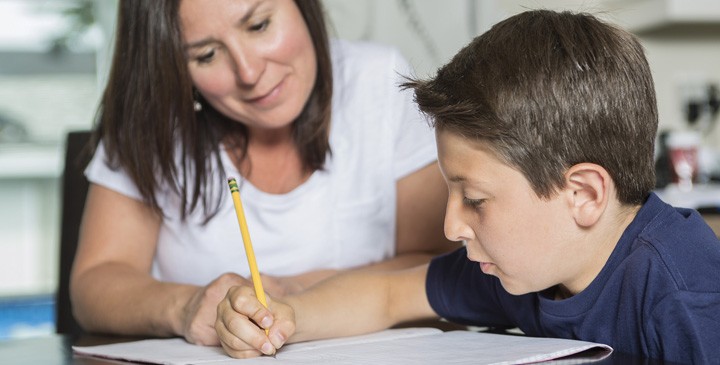What do we really want to teach our children? Do we want them to be independent? Confident? Resilient? Problem Solvers? The answer: “yes, yes, yes, and yes!” That is what a vast majority of parents would say, but what is the correct path to achieving worthwhile traits? The correct path may not be inherently obvious. It certainly wasn’t for me as I’ve tripped down the wrong path more than I care to admit. So what is a better way?
The answer lies in the way we encourage and praise our children. How many times have you said:
“Great work, you got an A/B on your exam!”
“You scored two goals! That’s amazing!”
“That sure is a beautiful piece of art you’ve created!”
At first glance, these comments seem innocent and appear to be honest praise. We feel we are instilling confidence in our children, but are we?
When we praise the end result, we are praising our children for their achievements. We lose sight of the struggle, effort, and value of the learning process. If this type of praise continues over time, then we are subtly conditioning them to achieve results. Thus, if they don’t score well on an exam, or score two goals, or create great art work, they may feel deflated and incomplete. They associate praise and self worth with accomplishment rather than the effort it took to achieve that end result. They also are not clear in terms of what they did to achieve the end goal. Was it hard work, sacrifice, innate talent, luck?
An alternative way to praise our children is to focus on the process and the effort they put in. For example:
“I’m so proud you worked hard. You put your iPad away and focused your energy on the task.”
“I love the fact that you worked through your frustration and didn’t give up!”
“I’m glad you asked for help after working at it for so long, and you didn’t want me to do it for you…that’s good character.”
This type of praise teaches them that the end result is not the objective. That achievement is not everything. It teaches them that persistence, patience, and personal power is valued. When we focus on the process, we focus on building character. We also teach them that failure is okay and something we learn from. Failure is necessary in order to create something. As parents, it’s our duty to indirectly teach them that failure is not to be feared but welcomed. If we don’t teach them this valuable lesson, every disappointment in their life is a catastrophe and getting back on the proverbial horse will remain a lifelong struggle. This type of praise gives them the inherent ability to examine the strength in their failures and the ability to cope when everything doesn’t go their way. It sends a clear message – don’t give up when you fail, reconstruct a new goal and find meaning in the small missteps. When we focus on the end result, we are implying that the end result is the key goal of any endeavor. We don’t draw attention to the more important aspirational traits that we want our children to learn such as confidence, team work, and resilience, for example.
Who do you want on your team? A person who knows how to work hard and reach for a solution, or a person whose identity is solely focused on achieving the end result without appreciating the process? Process thinking allows an individual to have an open mind. It teaches the value of patience and learning continuously to achieve what you desire. It also teaches you that you might not always get what you want and that’s okay. It broadens a person’s identity and empowers them to think bigger.
It’s a small shift in praising the child, but a huge shift in mentoring the person we want them to become.
Dr. Lalit Chawla, MD, CCFP, FCFP



